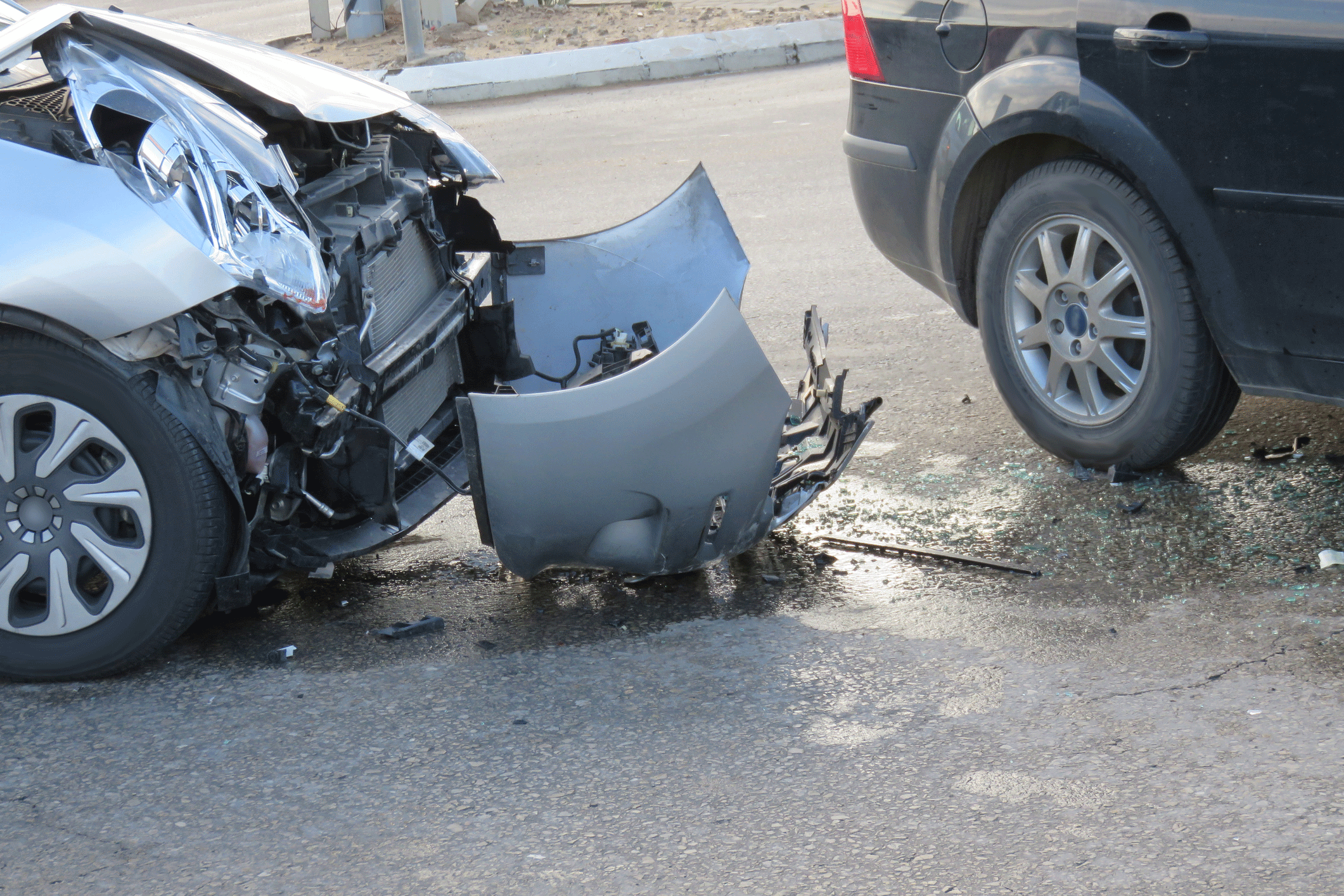Insurance insiders say that more than 170,000 claims following an RTA in the past 18 months can be linked to ‘cash for crash’ scams.
The Insurance Fraud Bureau today released new figures suggesting that fraudulent claims continued to be an issue during the pandemic and warned of an increase as more cars return to the roads. It estimated that 6% of claims since the start of October 2019 can be linked to scams where fraudsters invent or deliberately cause collisions.
Birmingham is the most prevalent area for these types of cases, followed by postcodes in Bradford, Manchester, London and Luton.
The IFB says scams can range from paper-based fabrications or vehicles being damaged behind closed doors, through to perpetrators braking on busy roads to force innocent road users to crash into them. Single gangs can be behind thousands of orchestrated collisions in some areas, with the combined value of their claims running to million of pounds.

Ben Fletcher, director at the IFB, said: ‘Although great strides have been taken in tackling the problem, these car crash scams are all too common. As traffic levels return to normal following the national lockdown, "cash for crash" fraudsters may look to make up for lost time.’
Last week, a man from Bolton was sentenced for dangerous driving and fraud by false representation after causing a collision between three vehicles on the M62 and then trying to claim for damage to his car.
Ejiofor Chijoke, 37, was given an 18-month community order with the requirement to complete 150 hours of unpaid work and banned from driving for 12 months. In March 2017, he had pulled across two lanes and braked suddenly in front of a van, causing the van to stop suddenly and prompting a 44-tonne lorry behind them to cause a collision between the three vehicles.
Chijoke presented a claim worth £5,900, but the lorry had been fitted with a dash cam and captured the entire incident, as a result of which his solicitors withdrew the claim.
This article is now closed for comment.



























43 Readers' comments